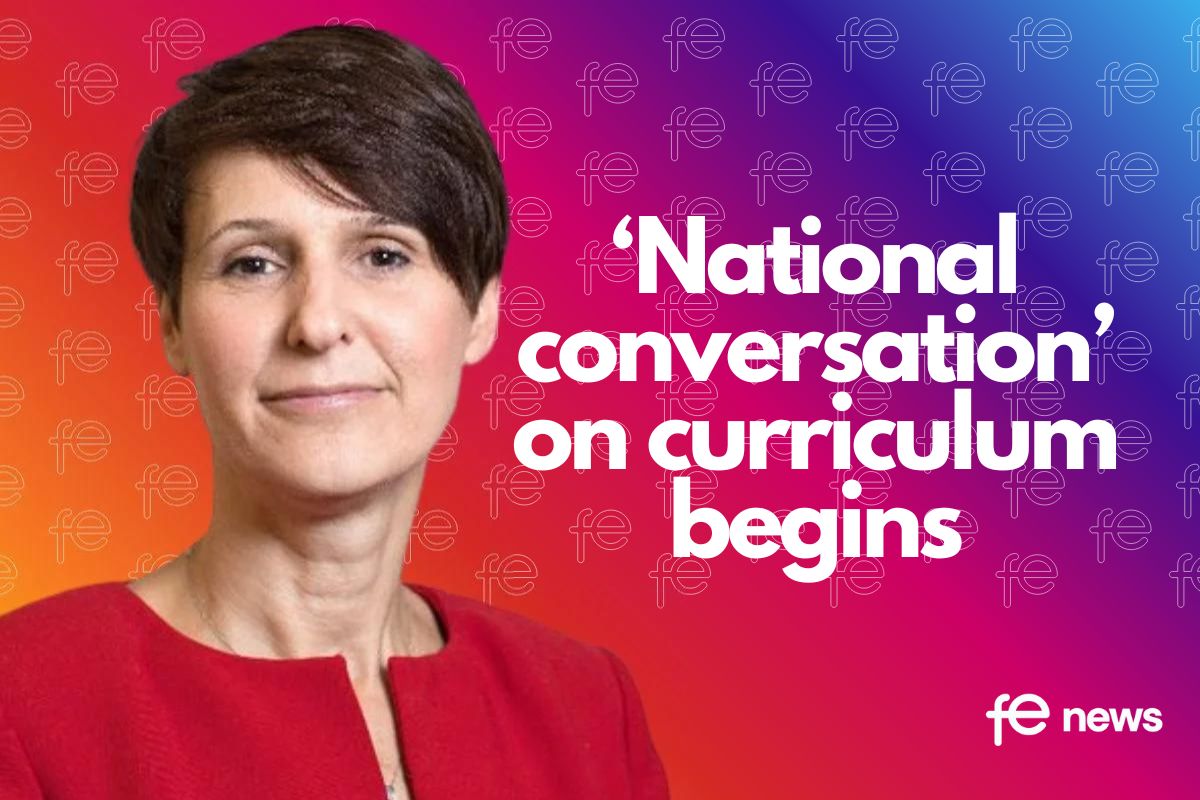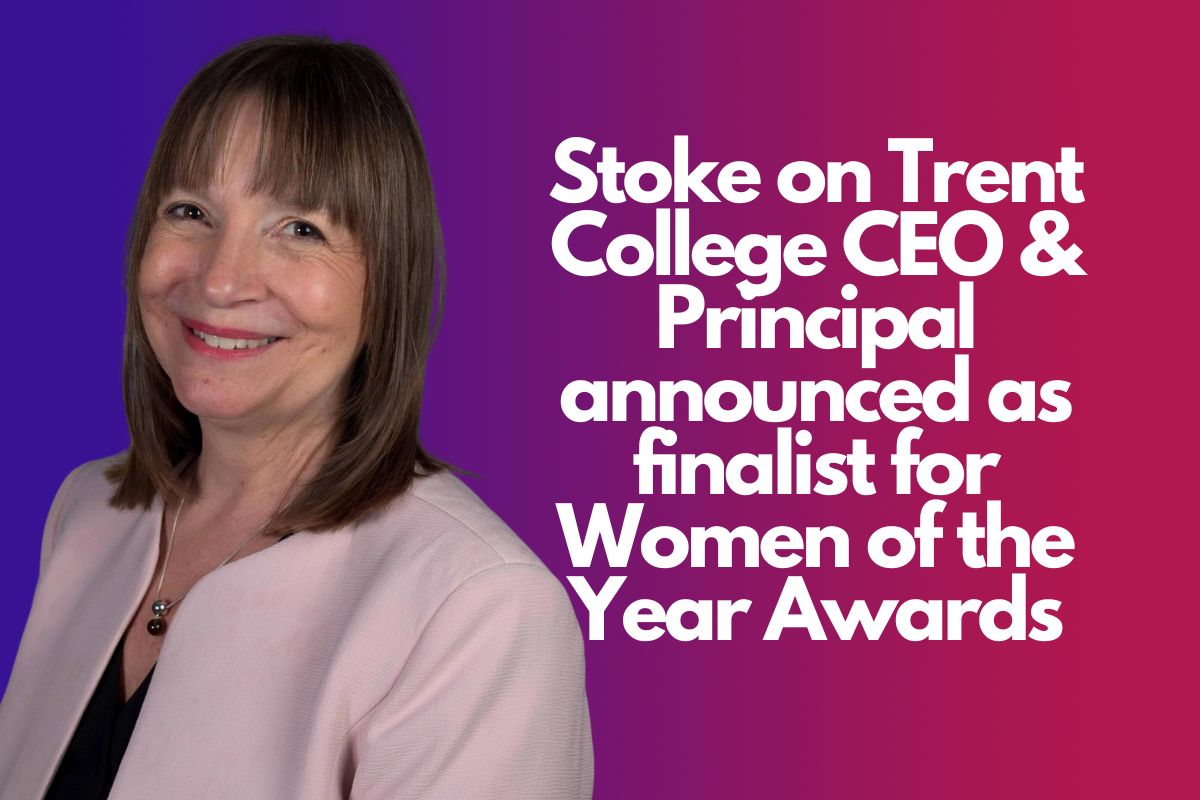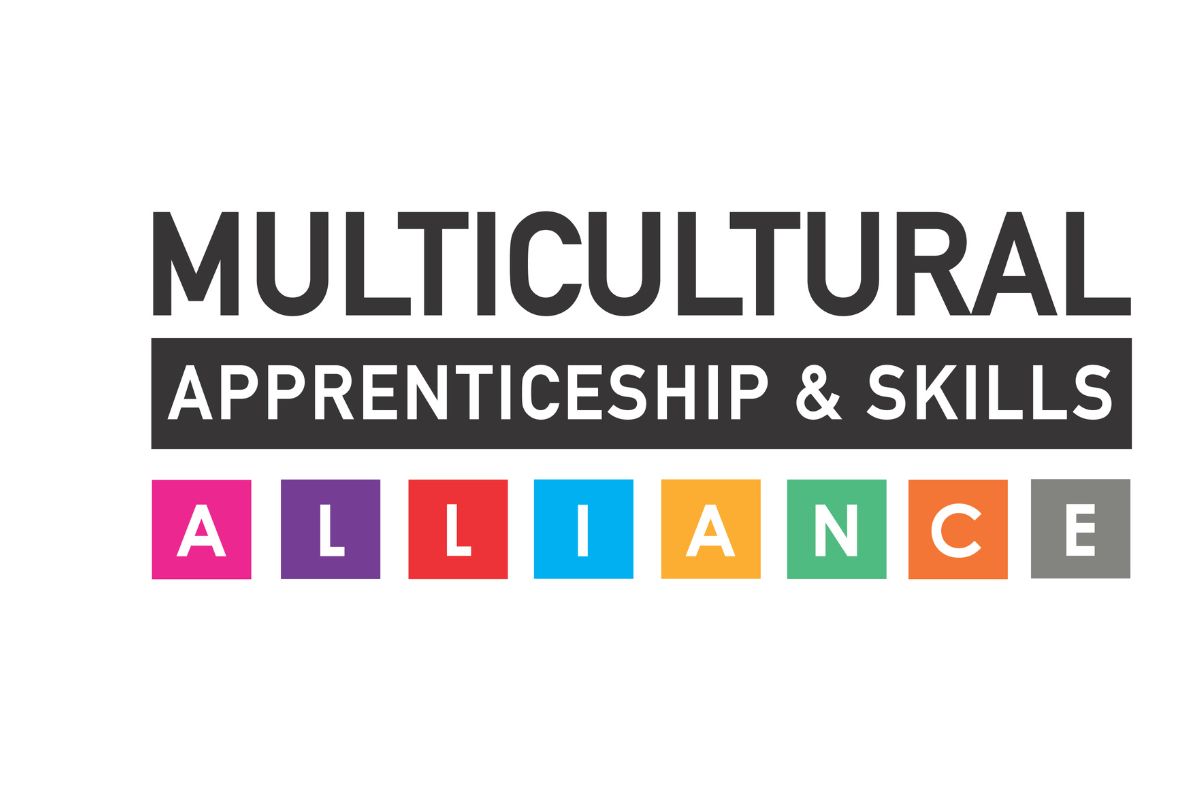‘National conversation’ on curriculum begins

- Becky Francis launches call for evidence for views on how to improve curriculum and assessment system
- Eight-week consultation marks next step of curriculum and assessment review
- Public views and evidence will be pivotal to the recommendations
Young people, parents, employers and education staff, leaders and experts are being invited to take part in a ‘national conversation’ about how the curriculum and assessment system can better prepare young people for life and work, as a call for evidence is launched today (25 September).
The eight-week consultation aims to bring everyone into the conversation about what’s working well and what could work better in the curriculum and marks the next step in the government’s independent review.
Responses will be invaluable in shaping the direction of the review and pivotal to the recommendations Professor Becky Francis and her expert panel put forward in 2025.
Today’s call for evidence covers a range of specific areas, including how best to provide an excellent foundation in English and maths, support for children from socioeconomically disadvantaged backgrounds, and access to a broad and balanced curriculum.
The review will also take written and oral evidence from key stakeholders, alongside a series of regional engagement events from mid-October to meet and take input from young people and staff on the frontline.
Spanning from Key Stage 1 through to Key Stage 5, the review will look closely at the key challenges to attainment for young people, and the barriers which hold children back from the opportunities and life chances they deserve – in particular those who are socioeconomically disadvantaged, or with special educational needs or disabilities (SEND).
Professor Becky Francis said:
“The curriculum belongs to the nation. And especially, it must work for the young people who follow it, and the teachers and lecturers that communicate it.
“As such, it’s imperative that we hear perspectives and evidence from as wide a range of people as possible including children, young people, parents, education professionals and other stakeholders.
“The launch of our Call for Evidence today enables that. And we have sought to keep questions broad and wide-ranging, to enable people to have their say.
“There is much that is working in the present curriculum, but this is a chance to refresh, to address areas which aren’t working well, and to ensure excellence for all. I hope as many as possible will respond and I look forward to reading the responses.”
The review will look at ensuring all young people aged 16-19 have access to rigorous and high-value qualifications and training that will give them the skills they need to seize opportunity, as well as ensuring they are ready for the changing workplace.
It will also look at whether the current assessment system can be improved for both young people and staff, while protecting the important role of examinations.
Following the review, all state schools – including academies which currently do not have to follow the national curriculum – will be required by law to teach the national curriculum up to age 16, giving parents certainty over their children’s education.
The call for evidence runs from 25 September to 22 November 2024 and can be accessed here.











Responses